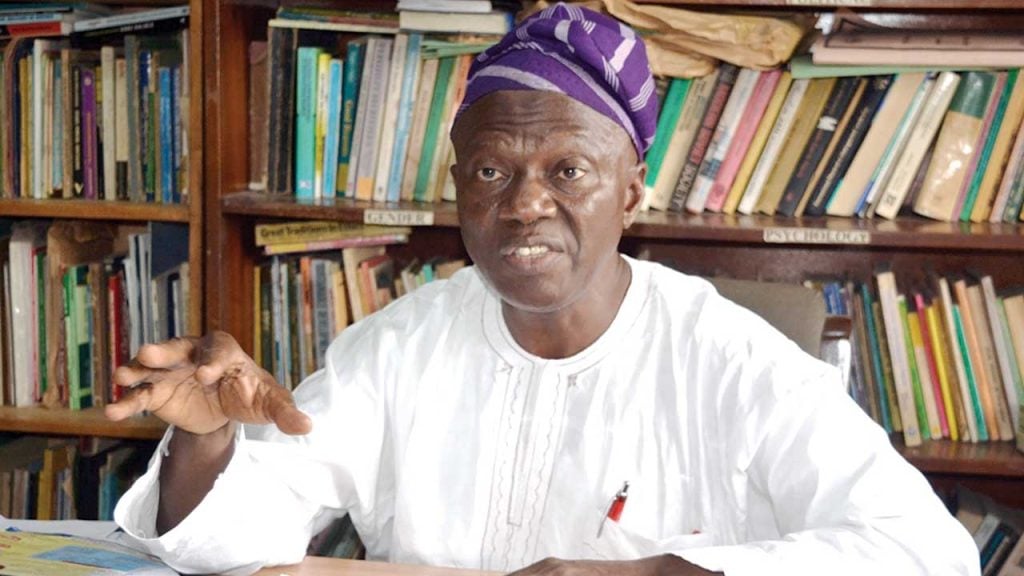
A former National Commissioner of the Independent National Electoral Commission (INEC), Prof Lai Olurode, has described the resort to technology for the conduct of the 2023 general elections as “an almost impossible” task for the electoral agency.
While noting that there were lapses in the February 25 presidential and National Assembly election, Olurode avowed that the electoral agency deserves commendation for going ahead with the poll when there were fears of a possible postponement like the last two general elections.
The former INEC National Commissioner who spoke on Monday during a radio programme monitored by DAILY POST charged the electoral body to post a better performance and get its logistics right at Saturday’s governorship and state assembly elections.
The use of the Bimodal Voter Accreditation System (BVAS) machines and the electronic transmission of results to the central server of INEC have been the controversial talking points since the collation and declaration of results of the presidential and national legislative polls. Olurode, however, enjoined stakeholders in the electoral process not to throw away the baby with the bath water when looking at the generality of the whole process noting that INEC has another opportunity with the governorship and state assembly polls “since no set of elections in any country is perfect.”
According to him: “When you look at the generality of the process, you can’t throw away the baby with the bath water. If I have to give my mark, I will give (INEC) well above average, 65 to 70.
“But INEC can still do better. INEC had an overdose of technology. It promised what was almost impossible for it to deliver in the manual for the elections, that is e-transmission of election results.
“It never thought of the possibility of an attempt to hack into its system. We are no longer in the era of Maurice Iwu when elections were blatantly rigged [and] when results were announced when collation was ongoing. INEC should get its logistics right in Saturday’s elections.”
He further stated: “You cannot completely eliminate human discretion in the electoral process. Technology has to be powered by electoral personnel. Elections are cheaply run in Nigeria and we have other agencies working on election day that INEC has no control over.”
The Professor of Sociology said the last election had its credibility shored up by the reduction of vote buying and selling which he attributed to the improvement of the electoral process from what it used to be in the past

